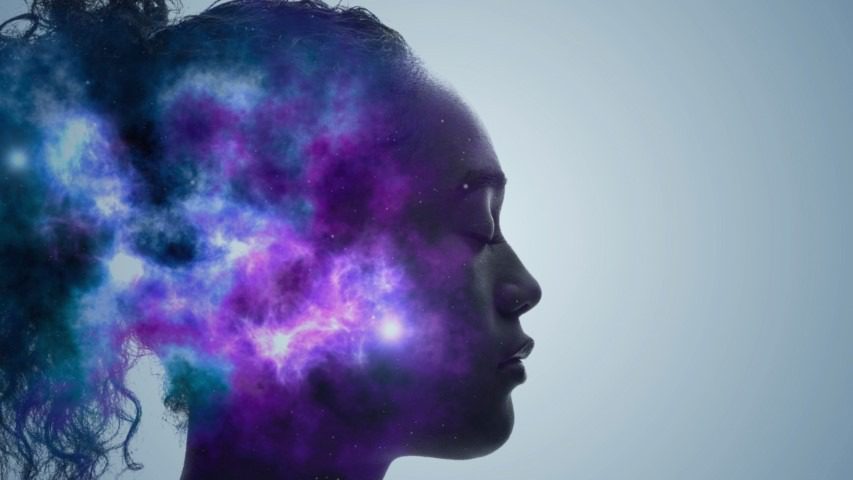Psychotherapy with psychedelics
Psychotherapy with psychedelics. In the field of therapy, we are witnessing a transformative shift with the reemergence of a long-dormant ally: psychedelic-assisted therapy. This approach has sparked curiosity, excitement, and deep contemplation among therapists and researchers.
Rooted in ancient cultural practices, psychedelic-assisted psychotherapy offers a unique lens through which the therapist and the individual navigate the intricate landscape of consciousness. By temporarily altering perception and expanding consciousness, psychedelics pave the way to the depths of one’s psyche, uncovering memories, emotions, and thought patterns that may have been long hidden. This deep introspection, combined with skilled therapeutic guidance, can catalyze profound shifts in perception, fostering healing and growth.
The significance of this approach lies not only in its therapeutic efficacy, but also in its ability to address issues that have eluded traditional treatment methods. Addiction, a relentless adversary, often finds its roots in unresolved trauma, repressed emotions, or distorted self-concept. The nuanced interaction between psychedelics and the mind gives the individual the opportunity to confront these underlying factors head-on. Within the safe confines of a therapeutic environment, they can embark on a journey of self-discovery, peeling back layers of the subconscious to uncover the source of their addictive patterns.
However, the road to the legalization and acceptance of psychedelic-assisted psychotherapy has been a thorny one. The 1960s witnessed the height of experimentation with psychedelics, but the turbulent social and political climate of the era led to their ban. However, a resurgence of interest in recent years, fueled by a growing body of scientific research and anecdotal evidence, has paved the way for a reassessment of their therapeutic potential.
Pornography addiction
The integration of psychedelics into mainstream therapeutic practice has been a slow and methodical process. The social wounds left by their previous misuse and misunderstanding have required careful handling. Rigorous clinical trials, ethical considerations, and meticulous research protocols have helped rebuild the credibility of these psychedelics within the therapeutic community and beyond.
Central to the appeal of psychedelic-assisted psychotherapy is its remarkable success in addressing addiction. By immersing individuals in a state of heightened awareness, psychedelics can dismantle the rigid structures of addictive behavior. Through guided introspection, clients can gain insight into the root causes of their cravings, allowing them to rewire their neural pathways and adopt healthier coping mechanisms. This transformation goes beyond the surface level, initiating a holistic healing process that encompasses the mind, body, and soul.
Psychedelic-assisted therapy offers a profound shift in the landscape of mental health treatment. This approach, nurtured by the integration of ancient wisdom and modern science, invites individuals to embark on an inner journey that transcends the boundaries of the conscious mind. The therapeutic efficacy of psychedelics, particularly in the field of addiction treatment, is a testament to the resilience of the human spirit and its capacity for transformation. As society continues to evolve and embrace innovative healing modalities, the convergence of psychology, consciousness, and science heralds a new era of hope and healing.
Keywords: Psychotherapy with psychedelics, gestalt psychotherapy, somatic experiencing therapy, psychotherapy zagreb, Licensed therapist near me in Manhattan NYC, Affordable therapy services in New York State, Holistic psychotherapy sessions in NYC, Somatic Experiencing therapy for trauma recovery in New York City, NARM therapy in Brooklyn, Licensed couples therapy in Manhattan, Gestalt therapy near me in NYC, Marriage counseling in Queens NYC, Therapy for anxiety treatment in NYC, Experienced psychotherapist in New York, Licensed psychotherapist near me in NYC, Somatic Experiencing therapy sessions in New York, Trauma therapy and counseling in Manhattan, Gestalt therapy sessions in New York City, Therapy sessions for emotional regulation in New York, Trauma therapy near me in Brooklyn New York, Licensed mental health therapist in Manhattan NYC, Depression therapy in New York, New York City therapist experienced in PTSD treatment
*Photo: GettyImages
*Contact: Make an appointment
*For companies: Creative Director
No one will hurt you as much as your parents vol. 1










